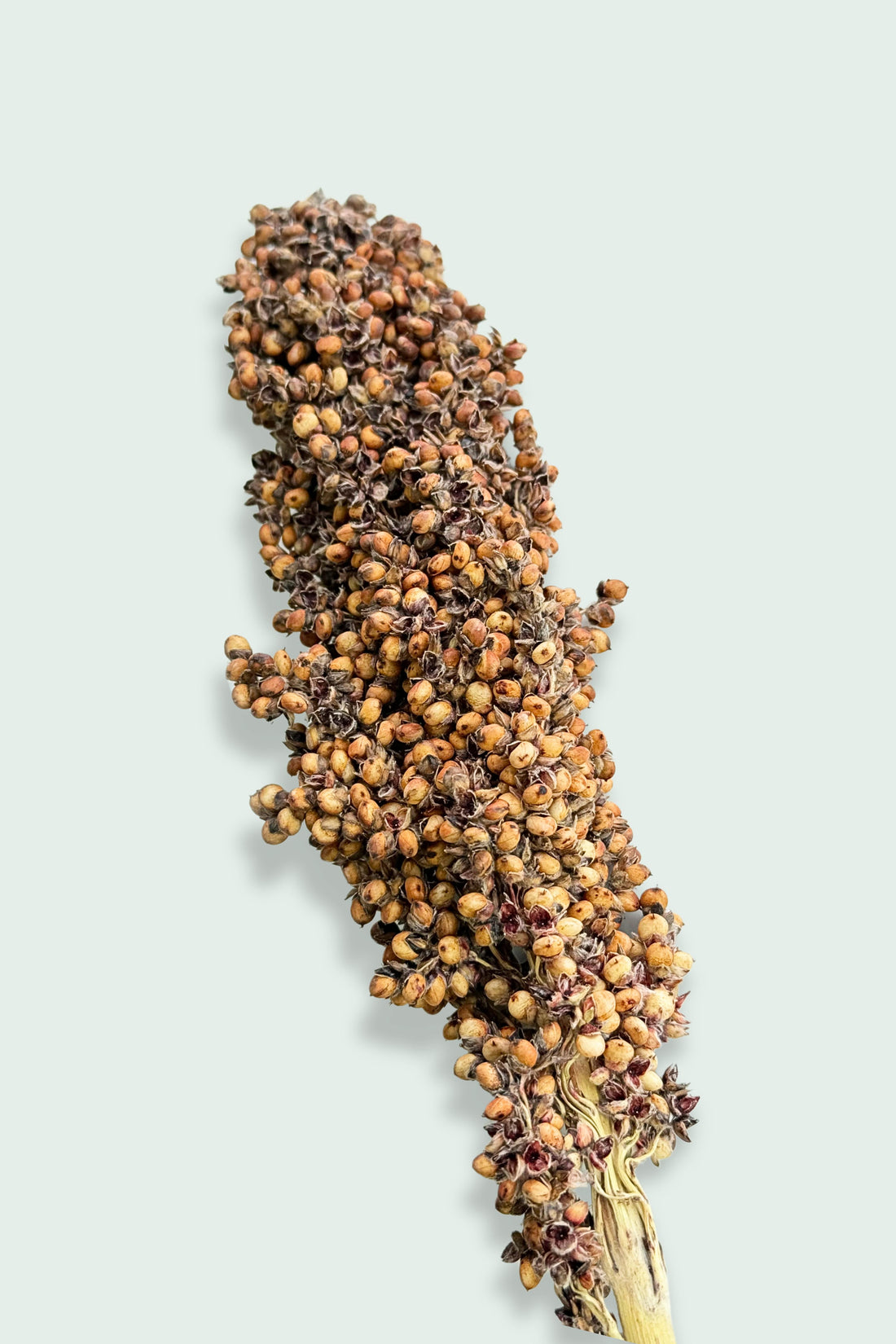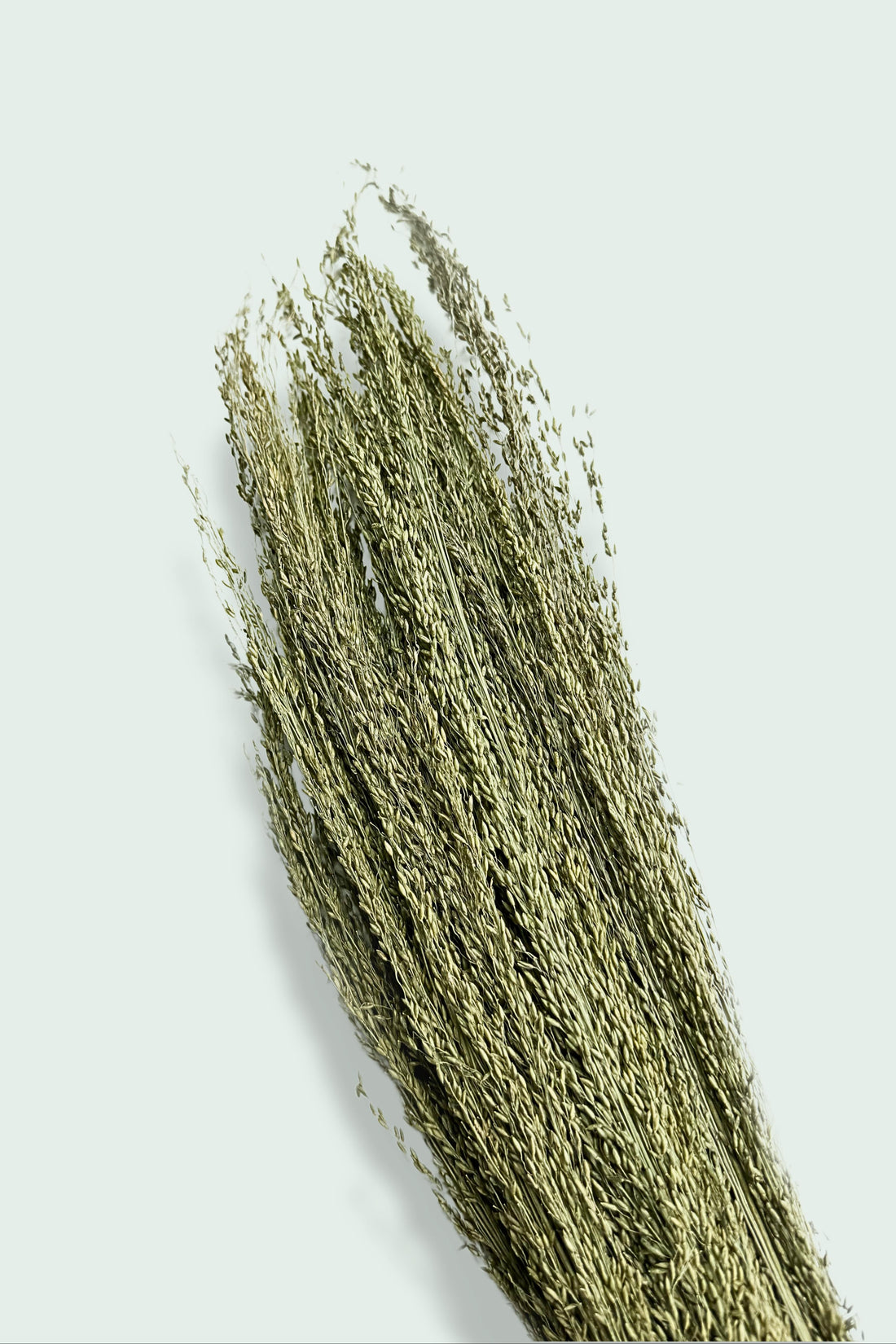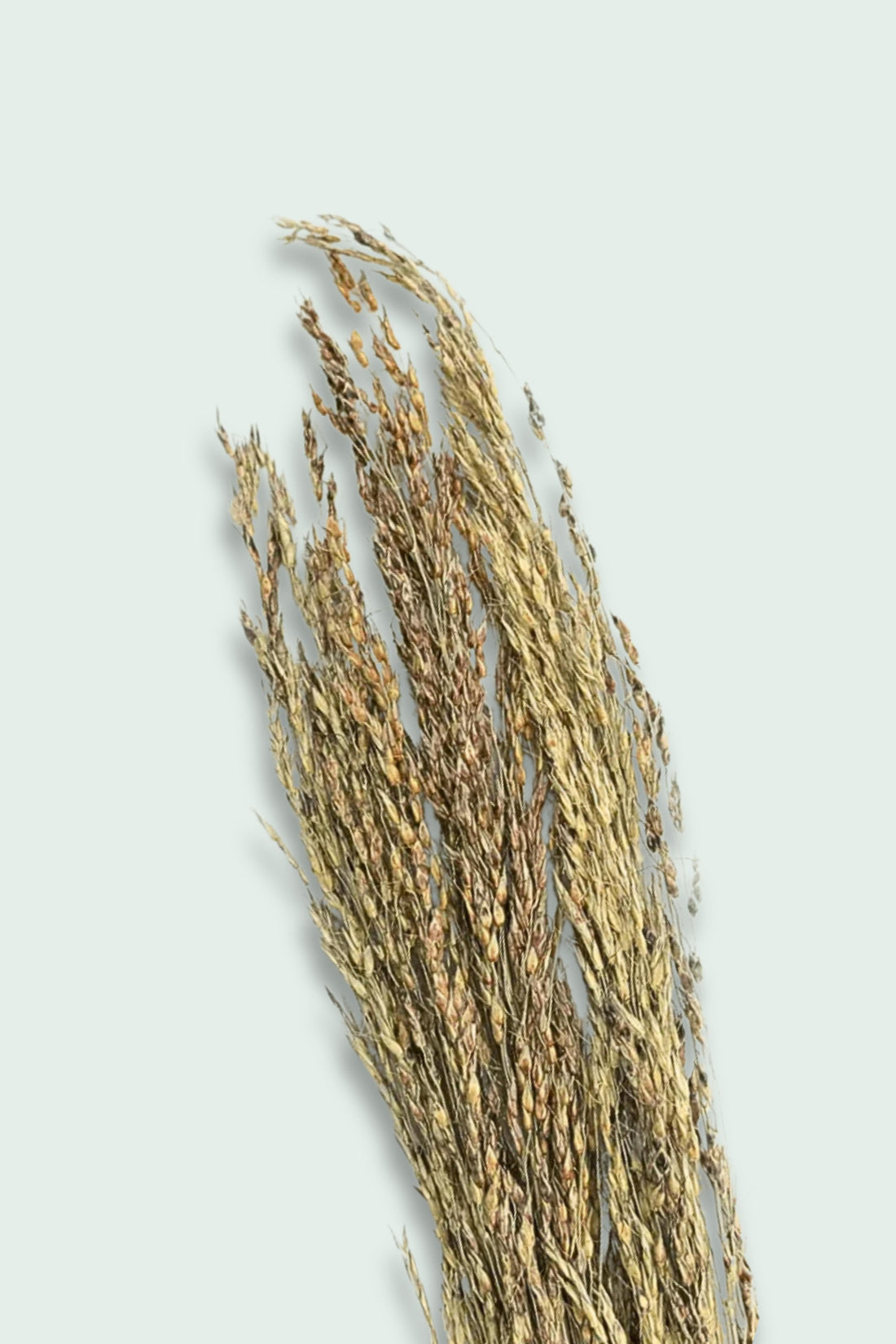Guinea pigs are gentle, curious, and endlessly charming pets that bring joy to households across the world. As herbivores with sensitive digestive systems, their diet is a cornerstone of their health and happiness. While hay and fresh vegetables form the basis of their nutrition, treats for guinea pigs can provide variety, enrichment, and bonding opportunities—when chosen wisely.
In this guide, we’ll explore the best natural treats, the role of special options like pea flakes for guinea pigs, how to avoid unhealthy snacks, and where to find safe, high-quality products. Whether you’re new to guinea pig care or a seasoned owner, this article will help you keep your little companions thriving.
Why Treats Matter for Guinea Pigs
For many owners, giving a treat feels like a way to show love—but for guinea pigs, treats are far more than a little indulgence. When chosen carefully, they play a vital role in your pet’s overall wellbeing, supporting both their physical and emotional health.
1. Enrichment and Stimulation
Guinea pigs are natural foragers. In the wild, they would spend much of their day searching for food, nibbling on different plants, and exploring new textures. Offering a variety of safe treats—such as dried flowers, herbs, and sprays—helps replicate that natural behavior. New flavors and scents stimulate their senses, keeping their minds active and preventing boredom, which can otherwise lead to stress or destructive habits.
2. Building Trust and Bonding
A shy guinea pig can be encouraged to come closer when treats are offered by hand. This simple act builds trust over time, transforming nervous pets into confident companions. Regular “treat time” becomes a shared ritual where your guinea pig learns to associate you with safety, comfort, and positivity. For new guinea pig owners, this is one of the easiest ways to create a strong, lasting bond.
3. Training and Positive Reinforcement
Guinea pigs may not perform tricks like dogs, but they are clever and can learn simple behaviors with gentle training. Using small, irresistible treats such as pea flakes for guinea pigs makes it possible to teach them to come when called, step onto your hand, or return to their cage. This not only makes handling easier but also creates mental stimulation and strengthens your connection.
4. Nutritional Support
The right treats don’t just taste good—they also provide valuable nutrients. For example, dried herbs support digestion, flower petals can contain natural antioxidants, and sprays supply extra fiber to keep their gut healthy. Even occasional treats like freeze-dried pumpkin or rose petals add variety and trace elements that enrich a guinea pig’s daily diet.
⚠️ A Word of Caution
Not all treats are suitable. Unfortunately, many pet shop products marketed for guinea pigs contain sugar, honey, dairy, or artificial dyes, which can upset their sensitive digestive systems and lead to obesity or other health issues. That’s why it’s essential to stick with natural, species-appropriate treats designed for guinea pigs.
👉 At Moony Paw, we focus exclusively on safe and enriching options—flower mixes, herbal forage, chews, and sprays—so you can give your guinea pigs the variety they love without risking their health.
Best Types of Treats for Guinea Pigs
When it comes to treats for guinea pigs, variety is key. Each type of natural snack serves a different purpose—whether it’s enriching their environment, supporting dental health, or adding nutritional value. Below are the best categories of treats that every guinea pig owner should consider.
1. Forage Mixes – Everyday Natural Enrichment
Forage is often considered the gold standard of guinea pig treats. In the wild, guinea pigs graze on a wide range of leaves, flowers, herbs, and grasses. Offering a dried forage mix at home replicates this natural foraging behavior, keeping your guinea pig engaged both mentally and physically.
-
Why it matters: Forage encourages natural exploration, stimulates their sense of smell, and helps prevent boredom.
-
Health benefits: Many herbal blends aid digestion, boost immunity, and provide extra fiber.
-
Examples: Our Flower Mix and Angel Flower Mix are colorful blends of petals and botanicals. Herbal-rich options like the Leaf & Flower Mix or Botanical Bloom Blend add variety and support gut health.
💡 Tip: Forage mixes are safe for daily use in small amounts, sprinkled over hay or placed in a forage toy to keep guinea pigs busy.
👉 Explore our full Forage Collection to find the perfect mix for your piggies.
2. Pea Flakes for Guinea Pigs – A Popular High-Energy Treat
Pea flakes for guinea pigs are one of the most talked-about treats in the small animal world. Popularized by brands like GuineaDad pea flakes, these crunchy little bites are rich in protein and provide a quick energy boost.
-
When to use: They’re especially useful for underweight guinea pigs, nursing mothers, or those recovering from illness.
-
Training value: Because guinea pigs adore the taste, pea flakes are one of the best training rewards for teaching simple behaviors like coming when called.
-
Caution: Due to their higher protein and calorie content, they should be offered sparingly—perhaps a couple of flakes a few times a week.
👉 At Moony Paw, we provide plenty of natural alternatives to pea flakes, ensuring your guinea pig can enjoy safe treats without depending on processed products.
3. Natural Chews – Treats That Support Dental Health
Unlike humans, guinea pigs’ teeth never stop growing. Without proper chewing materials, their teeth can become overgrown, leading to painful dental problems. That’s why natural chews are not just treats—they’re an essential part of guinea pig care.
-
Examples: Apple Wood Sticks and Jerusalem Chew Sticks are classic safe options. For something more playful, try the Beloved Bear Chews, which combine fun shapes with functionality.
-
Health benefits: Regular chewing wears down teeth naturally, preventing malocclusion and related health issues.
-
Enrichment factor: Chews also provide boredom relief by keeping guinea pigs occupied.
👉 Browse our Chews Collection for safe and enriching dental treats.
4. Dried Sprays and Grains – Natural Nibbles with Texture
Sprays and grains are another fantastic natural enrichment treat. They mimic the grazing behavior guinea pigs would display in the wild, offering both food and entertainment in one.
-
Examples: Oat Sprays, Panicum Grass, and Broom Millet are excellent choices.
-
Why guinea pigs love them: Sprays take time to nibble, making them perfect for group feeding and social play.
-
Health benefits: High in fiber, they support healthy digestion while satisfying natural chewing instincts.
👉 Take a look at our Sprays Collection for safe, fun grazing treats.
5. Fruit & Vegetable Treats – Sweet but Occasional
Guinea pigs have a sweet tooth, but fresh fruits and dried veggie treats should always be given in moderation due to their sugar content.
-
Examples: Freeze-Dried Strawberries, Dried Pumpkin, and Freeze-Dried Banana.
-
Feeding frequency: Once or twice a week in small portions is ideal.
-
Balance: Always ensure sweet treats are paired with plenty of hay and leafy greens to maintain proper digestion.
💡 Tip: Use fruit treats sparingly as a special bonding experience, especially during playtime or cage cleaning when your piggy might need encouragement.
6. Flower-Based Delights – Safe, Beautiful Treats
Flowers aren’t just visually stunning—they also come packed with natural health benefits for guinea pigs.
-
Examples: Rose Petals, Marigold Flowers, Blue Cornflowers.
-
Benefits: Many flowers support digestion, act as mild anti-inflammatories, and encourage natural foraging behavior.
-
How to serve: Sprinkle petals over hay to encourage eating or mix them with forage blends for a colorful enrichment boost.
👉 See our full range of Flower-Based Treats for guinea pigs.
Treats to Avoid for Guinea Pigs
When browsing pet shops or online stores, you’ll often find shelves filled with brightly packaged “small animal treats.” Unfortunately, many of these products are not suitable for guinea pigs, even if the label suggests otherwise. Their digestive systems are delicate, and the wrong foods can lead to serious health issues such as obesity, bloat, or even long-term organ problems. To keep your guinea pig safe, it’s important to know which treats to avoid completely.
1. Yogurt Drops and Dairy-Based Treats
Despite being marketed for guinea pigs, rabbits, and hamsters, yogurt drops are a big no-no. Guinea pigs are strictly herbivores and cannot digest lactose. Dairy-based treats can cause digestive upset, diarrhea, and stomach pain. They also contain added sugar, which puts unnecessary strain on their system.
2. Sugary Snacks and Honey-Coated Bars
Seed and honey sticks may look appealing, but they are often glued together with sugar or honey—ingredients that guinea pigs should never consume. These products:
-
Increase the risk of obesity and diabetes.
-
Stick to teeth and contribute to dental problems.
-
Often contain seeds or nuts that guinea pigs cannot digest safely.
3. Processed Human Food
It might be tempting to share a piece of bread, cracker, or breakfast cereal with your guinea pig, but processed human foods are unsafe and nutritionally empty for them. Such foods contain preservatives, salt, and refined carbs that their digestive systems cannot process. Even “healthy” options like whole grain cereal are harmful.
4. Unsafe Woods and Chews
Not all wood is safe for chewing. While guinea pigs need to gnaw to maintain their teeth, certain woods—like cedar, pine, or any wood that has been chemically treated—release aromatic oils and toxins that can damage their respiratory system and liver. Always choose safe wood chews such as apple wood sticks or Jerusalem chew sticks.
5. Packaged “Colorful” Treats
Brightly colored treats may look fun but usually contain artificial dyes and flavorings. These additives do nothing for your guinea pig’s health and may cause allergies or digestive upset.
6. Nuts, Seeds, and High-Fat Foods
While some small pets can eat seeds and nuts, guinea pigs cannot. Their bodies are not built to process high-fat foods, and seeds pose a choking hazard.
Why Choosing the Right Treats Matters
Feeding unsafe treats can cause problems ranging from mild stomach upset to severe health issues like bladder stones, obesity, or malocclusion (overgrown teeth). Because guinea pigs rely on fiber-rich, plant-based diets, their treats should always reflect that—natural, low in sugar, and high in beneficial nutrients.
How Often Should You Give Treats?
It’s easy to get carried away with treats—especially when your guinea pig squeaks excitedly every time they hear a bag rustle. But to keep your piggy healthy, it’s important to remember that treats should always be a supplement, not a staple in their diet.
The Golden Rule of Guinea Pig Diets
-
80% Hay → Unlimited fresh hay (like timothy or meadow hay) should make up the bulk of their diet.
-
15% Vegetables → Daily fresh veggies such as bell peppers, cucumber, and leafy greens.
-
5% Treats → Safe forage, herbs, chews, and the occasional fruit or pea flakes.
This balance ensures your guinea pig gets the fiber their digestive system needs, along with essential vitamins and minerals. Treats are the “extra sprinkles” that make their life more fun and enriching, but they should never replace the basics.
Daily Treats – Safe in Small Amounts
Some natural treats are gentle enough to be offered every day:
-
Forage mixes like Flower Mix or Leaf & Flower Mix.
-
Herbs such as dried dandelion or echinacea (Echinacea Stems & Flowers).
-
Chews like Apple Wood Sticks, which support dental health.
These options are high in fiber, low in sugar, and mimic a guinea pig’s natural diet, making them suitable for daily enrichment.
Weekly Treats – Limit to 2–3 Times
High-energy or sweet treats should be reserved for special occasions:
-
Pea flakes for guinea pigs (sometimes sold as GuineaDad pea flakes).
-
Fruit treats like Freeze-Dried Strawberries or Freeze-Dried Banana.
-
Root-based snacks like Dried Pumpkin or Jerusalem Artichoke Forage.
These treats are loved by guinea pigs but can cause weight gain or digestive upset if fed too often. Offering them two to three times a week is enough to keep your piggies happy without risking their health.
Occasional or “Special Occasion” Treats
Some treats are best kept as rare indulgences:
-
Fruit with higher sugar content (e.g., dried mango, raisins, or fresh apple slices).
-
Novelty mixes that combine multiple ingredients in small quantities (like the Natural Nibbles Forage Donuts).
Think of these as the guinea pig version of cake—fun once in a while, but not something to serve regularly.
Monitoring Your Guinea Pig’s Weight
Because guinea pigs can gain weight easily, it’s a good idea to:
-
Weigh them weekly using a kitchen scale. A healthy adult guinea pig usually weighs between 700–1200g, depending on breed and sex.
-
Adjust treats accordingly—if you notice weight gain, cut back on high-energy treats like pea flakes.
-
Observe behavior—sluggishness, reduced activity, or difficulty moving can all be signs that too many calories are creeping into their diet.
Where to Buy Safe Guinea Pig Treats
When it comes to guinea pig treats, not every store has your pet’s best interests in mind. Many general pet shops stock products marketed as “small animal snacks” that are actually filled with sugar, honey, dairy, or artificial colors. While they may look appealing on the shelf, these items can cause serious health issues for guinea pigs, who need a diet rich in fiber and free from additives.
That’s why it’s so important to choose a trusted, specialized source that understands guinea pig nutrition and wellbeing.
Why Moony Paw is Different
At Moony Paw, our philosophy is simple: natural, safe, and enriching products only. Every treat and accessory is handpicked with small pets in mind, so you never have to worry about hidden ingredients or unsafe materials.
Here’s what you’ll find in our curated collections:
-
🌿 Forage Mixes – Blends of flowers, leaves, and herbs that mimic wild grazing.
-
🌾 Sprays – Oat sprays, millet, and natural grasses that encourage natural foraging behavior.
-
🦷 Chews – Essential for dental health, from apple wood sticks to creative chew toys.
-
🛒 Guinea Pig-Safe Treats – Flower petals, fruit treats, and enrichment snacks designed just for piggies.
-
🏡 Accessories – Items that add comfort, stimulation, and variety to your guinea pig’s environment.
Why Shop With Confidence
Every product in our store is:
-
✅ 100% Natural – No artificial colors, fillers, or preservatives.
-
✅ Sugar-Free – Safe for guinea pigs’ sensitive digestion.
-
✅ Species-Appropriate – Designed specifically for small pets, not just generic “small animal” products.
-
✅ Curated for Enrichment – Chosen to keep guinea pigs busy, healthy, and happy.
Supporting a Healthier Lifestyle for Your Guinea Pig
By shopping at Moony Paw, you’re not just buying treats—you’re investing in your guinea pig’s long-term health and quality of life. Each snack is an opportunity to enrich their daily routine, strengthen your bond, and give them something fun to look forward to.
👉 Ready to upgrade your guinea pig’s treat selection? Explore the full Guinea Pig Collection at Moony Paw and discover safe, natural treats that your piggies will love.






